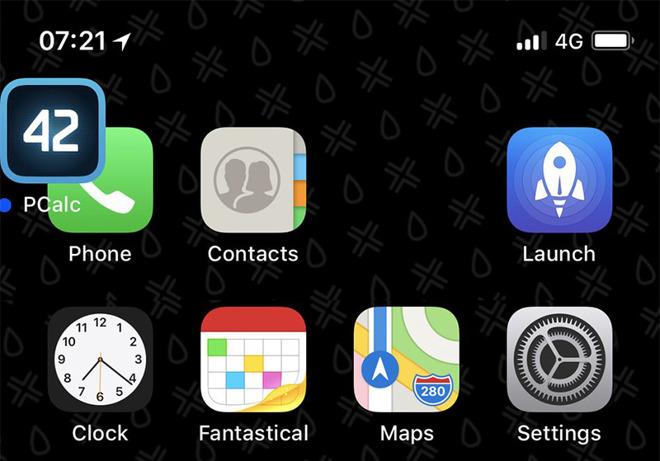
Apple on Friday ceased iOS 11.2.6 code signing following the release of iOS 11.3 last week, meaning users are now unable to revert back to the old operating system despite reports of bugs and other problems with the latest release.
Apple’s release of iOS 11.3 last Tuesday delivered a slew of enhancements and hotly anticipated new features, including a battery management tool that allows users to monitor iPhone battery health and its impact on processor performance.
Unfortunately for a growing number of users, the update appears to be riddled with problems.
One day after the release hit Apple’s servers, an apparent bug with the company’s MDM Software Update feature caused devices running third-party solutions like Jamf Pro to enter a “failed loop” cycle.
A quick check with Apple’s own support forums and official Apple Support Twitter account shows an uptick in bug reports, though that in itself is not unusual for a new release. Others have taken to Twitter to log ongoing issues with the new OS, as noted in a link laden Forbes report, which cites a list of issues collected by PiunikaWeb.
A steady flow of users claim iOS 11.3 seemingly drains device batteries at a faster pace than usual, while others complain of graphical glitches including an “invisible keyboard” bug affecting both iPad and iPhone. Reports of less severe problems continue to pour in, ranging from Bluetooth connectivity woes to streaming and UI issues with Apple Music.
Other bugs spotted by PiunikaWeb include the spontaneous triggering of iOS home screen app editing, AirPods dropouts, inconsistent gesture control, incorrect app badge notifications, inaccessible special characters and more.
Apple regularly stops signing code in an effort to prevent users from installing old iOS versions that may contain security flaws and known bugs. The common practice is also designed to keep users up to date with the latest features and software enhancements pushed out with point updates.
With a litany of bug reports in the wild, more so than usual, and iOS 11.2.6 no longer available, Apple might be forced to issue a corrective iOS 11.3.1 release in the near future. Alternatively, the problems may not be as dire as implied and are simply being amplified by social media tag-alongs, in which case fixes can be built into the next major iOS release.
Apple is already looking ahead to iOS 11.4, which promises to deliver a new gaggle of improvements, most notably AirPlay 2 functionality.

